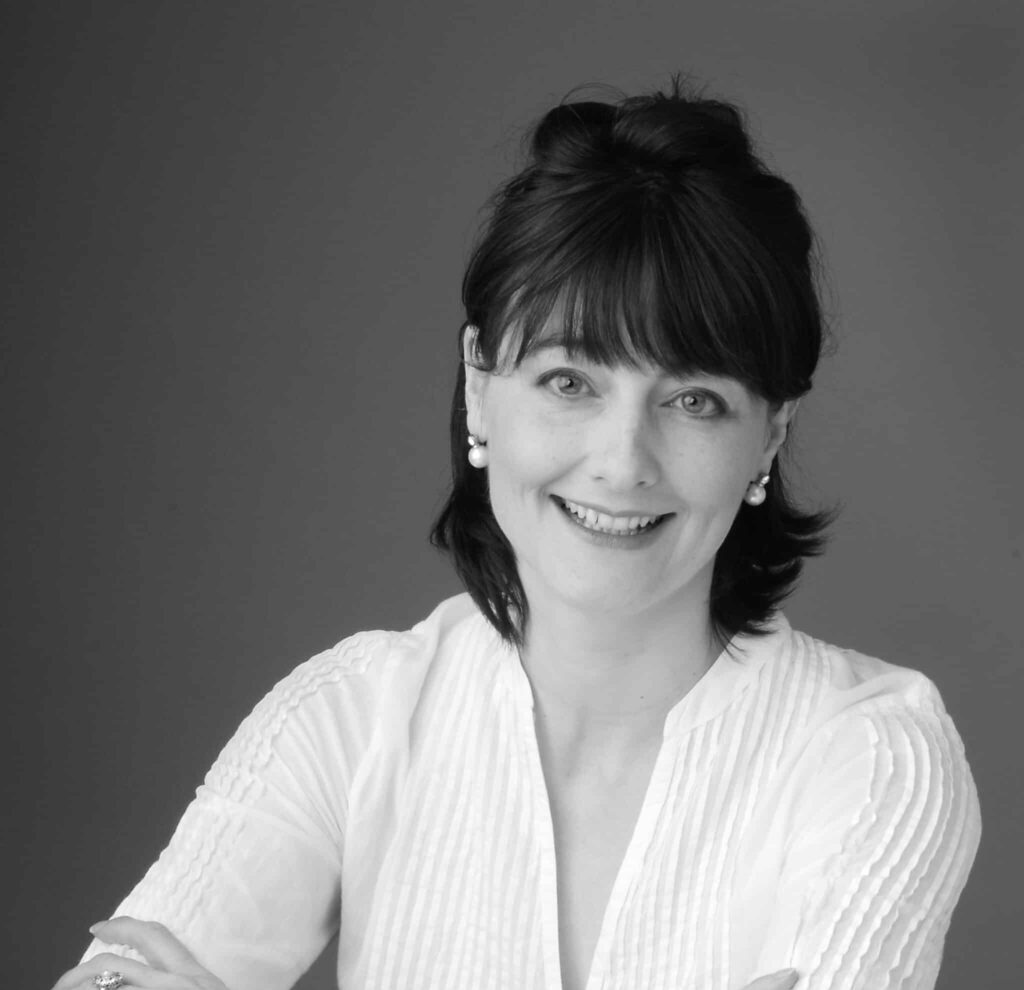Eton is known for the quirks and traditions that have accumulated over its history. One of these are the particular vocabulary that Etonians use on an everyday basis. Whilst at first these terms are difficult to grapple with, you quickly begin to use them without thinking in everyday life. Through time many historic ‘Eton’ words have fallen from use, but the most commonly used words remain, and are regularly uttered by pupils walking around the school. If you visit, keep an ear out for the ones we will discuss below, ‘halves’, ‘messing’, ‘beaks and ‘chambers’.
A school term in Eton is commonly referred to as a ‘half’. This word is potentially confusing as there are three ‘halves’ in school year! The earliest records of Eton life are from the mid-16th Century and show that originally, there were only two three-week holidays in the year. One was at Christmas, when boys were not allowed to return home, and another in the Summer. Despite the school changing to three term years in the 18th Century, this word has survived and is used to this day, so we have the Michaelmas, Lent and Summer Halves.
‘Messing’ refers to a period in the afternoon when pupils are able to access a small kitchen in their boarding houses and make themselves something to eat. This word derives from the phrase ‘Officer’s mess’, which in the army is a place where officers would eat or take recreation. Eton adopted this phrase so the kitchens where afternoon snacking takes place is called a ‘messing kitchen’.
‘Beak’ is a term that is not used by Eton alone, in fact other schools such as Harrow and Charterhouse use it as well. It refers to teachers, and there are a couple of competing views about its origin. Some claim it derives from the mortar board that teachers wore up until around the Twentieth Century, whereas others suggest it comes from an old Dutch word for someone in authority.
Finally, ‘chambers’ is a period between lessons in the morning where pupils have a break and are often given something to eat. This term originates from a room used by the Headmaster (called the Schoolmaster at this stage) for meetings, which took place as pupils had a break. This room in the 1608/9 accounts was called ‘Mr Scholemaster’s [Schoolmaster] lower chamber’. The word ‘chambers’ is therefore a reference to this meeting and the break that pupils enjoyed, although now it is only the pupils who have a guaranteed break at that time of the day, as it is also time for the morning meeting for all beaks!



